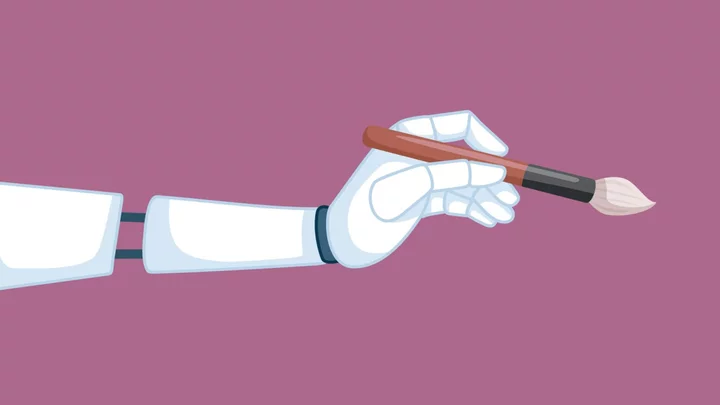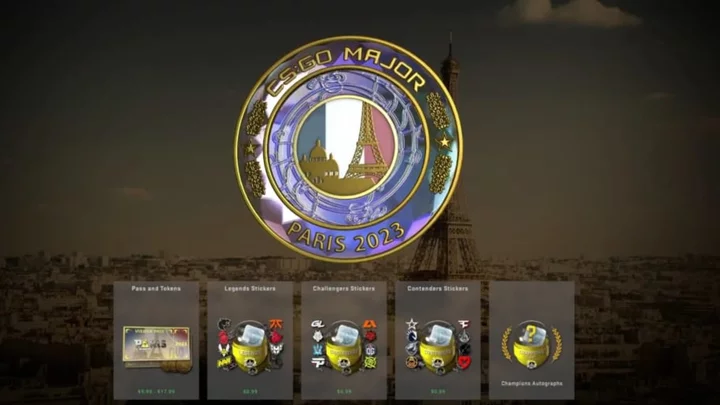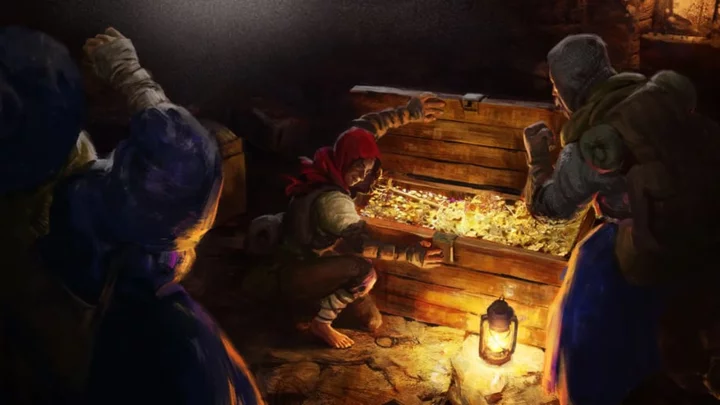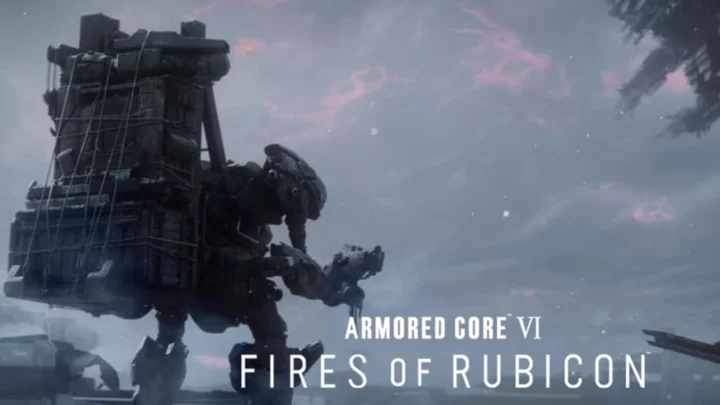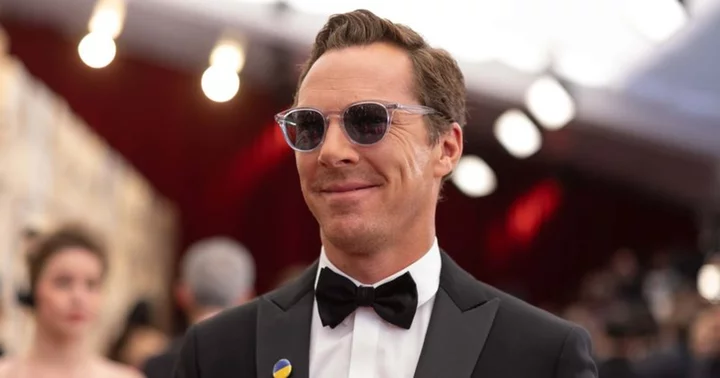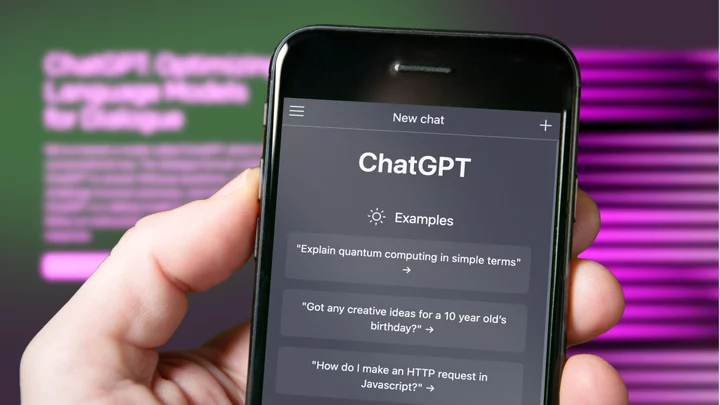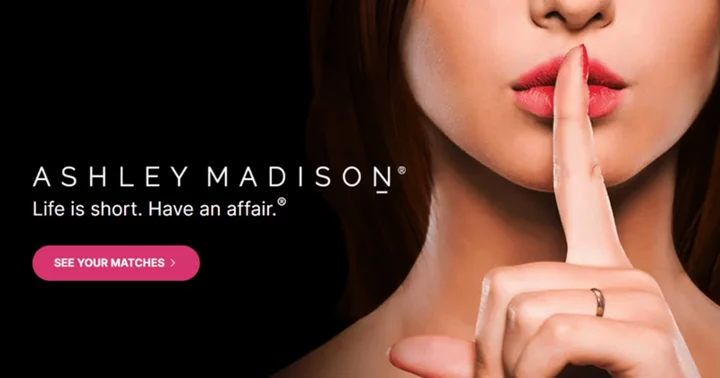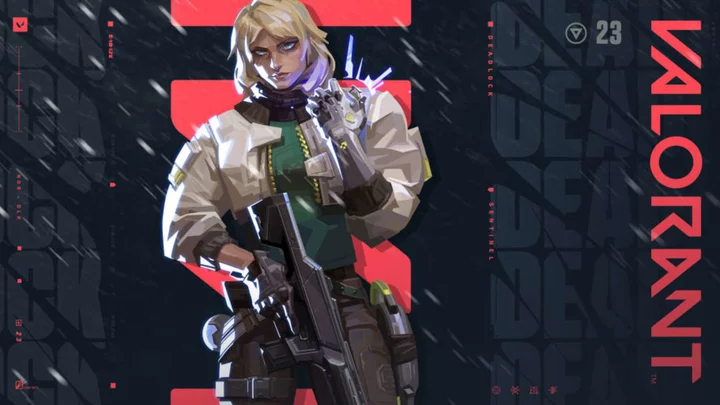The debate around AI-generated art has largely focused on whether these programs will kill jobs and steal from artists. But a group of artists who incorporate generative AI in their work are calling on Congress to include them in discussions about AI regulations.
In an open letter to Congress—and in particular, Sen. Charles Schumer, a New York Democrat who's been working on AI legislation—79 professional artists who use generative AI tools argue that their medium of choice "is being misrepresented."
"Some say it is about merely typing in prompts or regurgitating existing works. Others deride our methods and our art as based on ‘stealing’ and ‘data theft.’ While generative AI can be used to exploitatively replicate existing works, such uses do not interest us," the artists write.
According to them, some artists have declined to explore generative AI because they're "afraid of backlash if they so much as touch these important new tools."
Some artists do indeed believe AI art is a form of plagiarism since most of these models are trained on existing artwork without permission. After Elon Musk stated that he would train his upcoming AI model on tweets, for example, a number of artists pledged to leave Twitter. And last month, the Dungeons & Dragons franchise banned AI art after it was revealed that an illustrator had used AI to create artwork for an upcoming book.
Thus far, the courts have sided with traditional art. In August, a judge upheld a finding from the US Copyright Office that declared a piece of art created by AI is not open to copyright protection. Human authorship is a "bedrock requirement” for copyright protection, the ruling says.
Generative AI artists are now asking for a seat at the table on Capitol Hill. "If you seek to ensure generative AI’s revolutionary trajectory benefits humanity as a whole, it would be a gross oversight to exclude those in our society who are working within its potential and its limitations," they write.
Sen. Schumer has said he backs a SAFE Innovation Framework. The "A" in SAFE there stands for accountability, and includes a pledge to "support our creators by addressing copyright concerns, protect intellectual property, and address liability."

